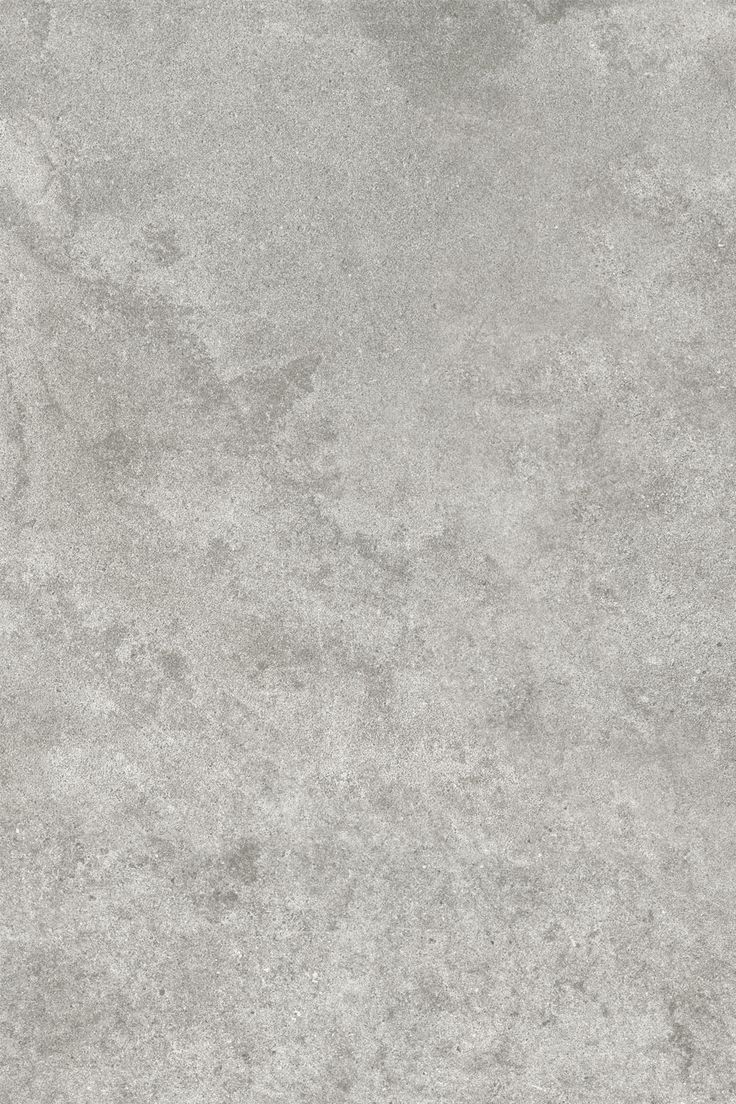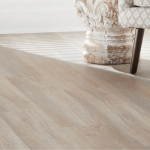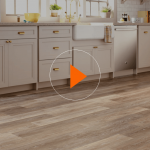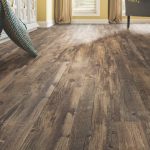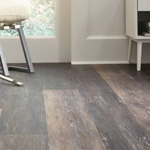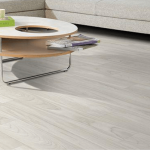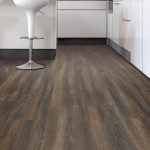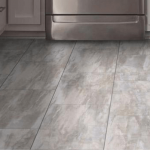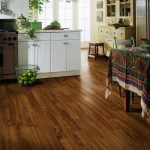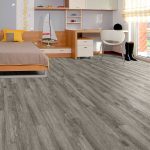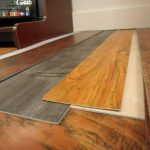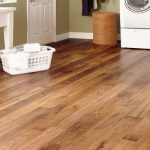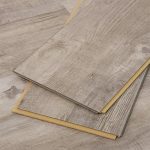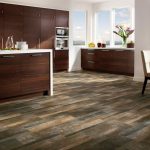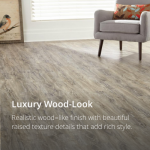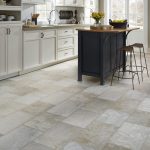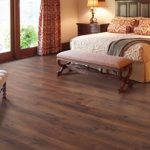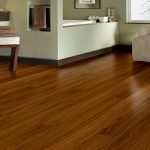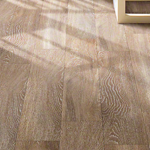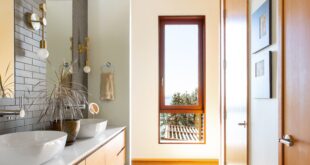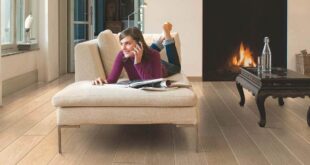Vinyl flooring has become increasingly popular in recent years due to its durability, affordability, and ease of installation. However, like any flooring option, vinyl has its own set of pros and cons that should be considered before making a purchase. In this article, we will discuss the advantages and disadvantages of vinyl flooring to help you make an informed decision.
Pros:
1. Durability: Vinyl flooring is known for its durability and can withstand heavy foot traffic, making it a great option for high-traffic areas such as kitchens, bathrooms, and entryways.
2. Waterproof: Vinyl flooring is waterproof, making it ideal for areas prone to moisture such as bathrooms and kitchens. This makes it easy to clean and maintain, as spills can simply be wiped up with a damp cloth.
3. Easy Installation: Vinyl flooring is easy to install, whether you choose to do it yourself or hire a professional. With options for click-and-lock or peel-and-stick installation, vinyl can be laid over existing flooring without the need for extensive preparation.
4. Variety of Styles: Vinyl flooring comes in a wide range of styles, colors, and patterns to suit any design aesthetic. From wood-look planks to stone-look tiles, there is a vinyl option to match any decor.
5. Comfort: Vinyl flooring is softer underfoot than hardwood or tile, providing a comfortable surface to walk on. It also helps to reduce noise, making it a great option for homes with children or pets.
Cons:
1. Susceptible to Scratching: While vinyl flooring is durable, it can still be scratched by sharp or heavy objects. To prevent scratches, it is important to use furniture pads and avoid dragging heavy items across the floor.
2. Limited Lifespan: While vinyl flooring is durable, it does have a limited lifespan compared to other flooring options such as hardwood or tile. Depending on the quality of the vinyl and the level of foot traffic, it may need to be replaced every 10-20 years.
3. Susceptible to Fading: Vinyl flooring can fade over time when exposed to sunlight, particularly in areas with large windows or direct sunlight. To prevent fading, it is important to use window treatments or rugs to block UV rays.
4. Not Eco-Friendly: Vinyl flooring is not a sustainable or eco-friendly flooring option, as it is made from synthetic materials such as PVC. Additionally, the production and disposal of vinyl flooring can have negative environmental impacts.
5. Not as Valuable: While vinyl flooring is affordable and durable, it does not add as much value to a home as hardwood or tile flooring. If you are looking to increase the resale value of your home, consider investing in a higher-end flooring option.
In conclusion, vinyl flooring is a versatile and affordable option for homeowners looking for a durable, waterproof, and easy-to-install flooring solution. However, it is important to consider the pros and cons of vinyl flooring before making a purchase to ensure it meets your needs and preferences. By weighing the advantages and disadvantages of vinyl flooring, you can make an informed decision that will best suit your home and lifestyle.
 decorafit.com Design ideas for your home and patio
decorafit.com Design ideas for your home and patio
